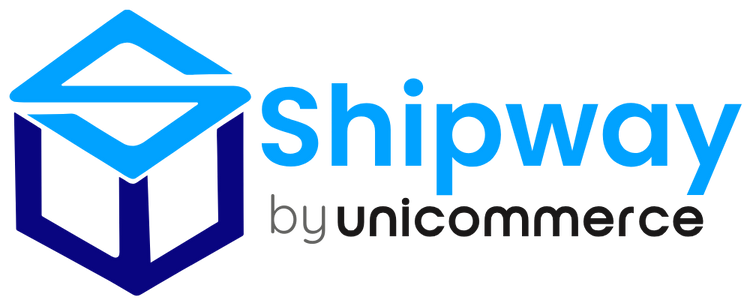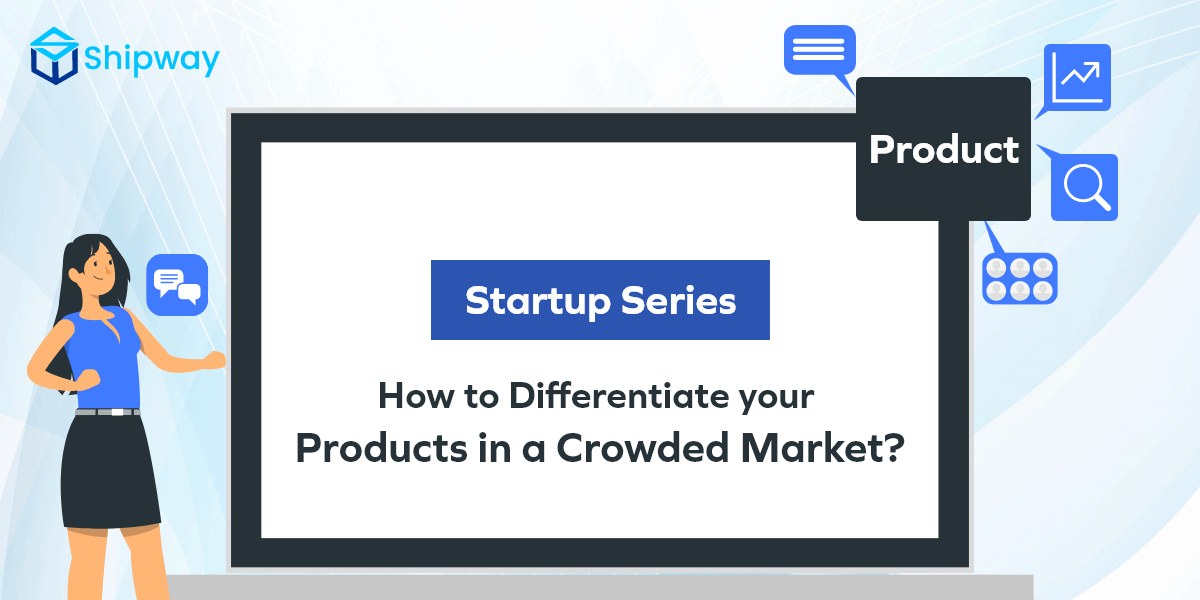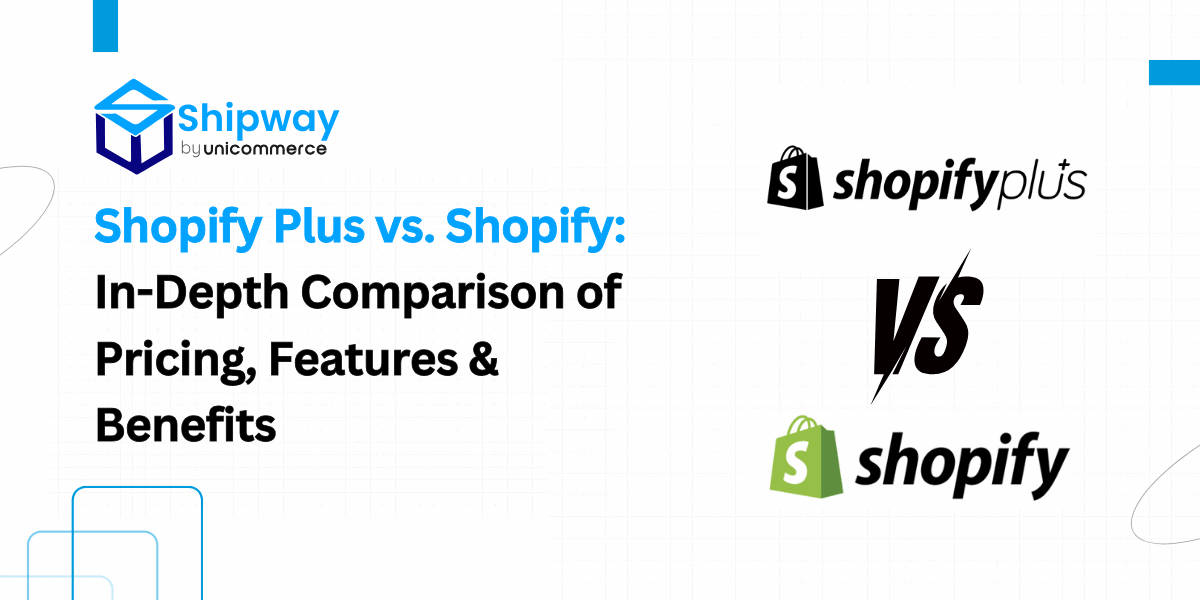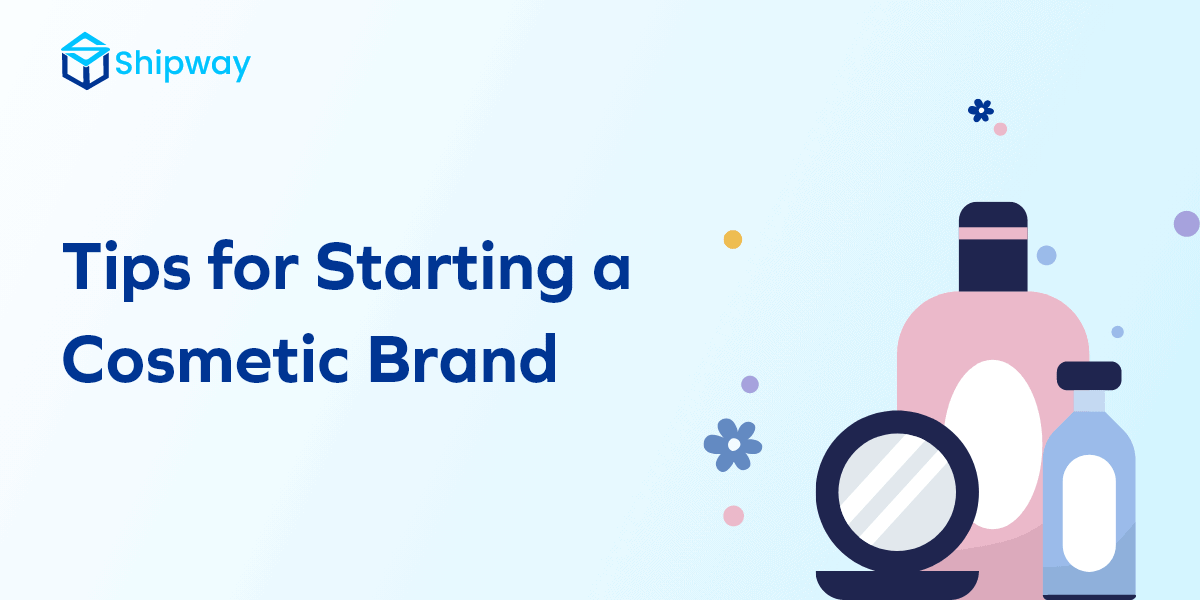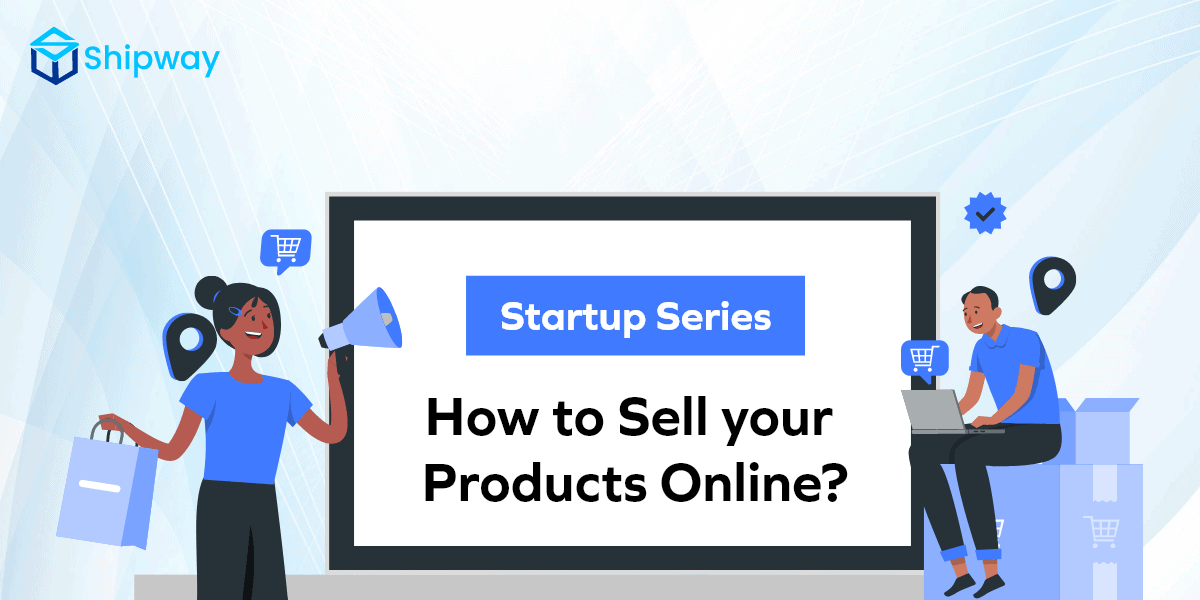Navigating a saturated market can be an uphill battle, especially when the products or services you offer face stiff competition. This dilemma often stems from the pursuit of higher profit margins, which inevitably attracts a plethora of players. The challenge then becomes: How can D2C Startups Differentiate their products in a Crowded Market?
Diving into this arena, where distinctiveness is the name of the game, demands a strategic approach. Let’s embark on a step-by-step journey, uncovering effective strategies that can set your product apart in a sea of competitors.
1. Identify the Cracks in the Armor
When choosing what to offer, the quest for uniqueness naturally arises. While originality is a noble goal, it’s equally valuable to discern gaps within existing markets. Your product might not reinvent the wheel, but identifying unmet needs can lead to a tailored solution.
For instance, envision you wish to enter the realm of health beverages in a market already swarming with renowned brands. Despite the competition, your differentiation could stem from offering not just a beverage, but a concoction that combines health benefits with cultural roots, aligning with a growing demand for holistic well-being.
2. Craft a Compelling Value Proposition
After engineering a product tailored to customer needs, the next step revolves around articulating its distinct value. Effectively communicating why your product stands above the rest requires a Unique Value Proposition (UVP).
Think of the tech industry; amidst the cacophony of smartphones, OnePlus successfully positioned itself with a UVP centered on affordability, performance, and user-centric design. By melding these attributes into a single statement, OnePlus resonates with its target audience.
3. Weave your Brand’s Narrative
Bernard Kelvin Clive once said, “When you create a brand story that people want to be a part of, you’re no longer competing on the same playing field.” Humanizing your brand through a compelling narrative draws customers into an immersive experience.
Consider how TOMS Shoes’ “One for One” initiative captured hearts by integrating social impact with every purchase. By crafting a story that intertwines business and benevolence, TOMS Shoes invites customers to become protagonists in their own story.
4. Cater to Personalization
Empower customers by allowing them to customize products according to their preferences. Personalization not only boosts engagement but also endears your brand to consumers seeking tailored experiences.
Nike By You, for instance, empowers sneaker enthusiasts to design their own footwear, adding personal flair. Similarly, SkinKraft customizes skincare based on individual skin concerns, striking a chord with those seeking personalized solutions.
5. Master the Art of Pricing and Quality
Competitive pricing combined with impeccable quality can provide a winning edge. Initiating with slightly lower prices compared to established brands, while maintaining superior quality, can tempt customers to explore your offerings.
Consider how Jio disrupted India’s mobile service landscape by introducing affordable rates and high-quality services. Adapting this strategy can build a loyal customer base and pave the way for gradual pricing adjustments.
6. Embrace Scarcity and Limited Editions
The allure of scarcity can be a powerful motivator. Introducing limited edition products or exclusivity can ignite a sense of urgency and exclusivity among customers.
Royal Enfield, renowned for its iconic motorcycles, uses scarcity marketing through special edition models. This approach infuses desirability and anticipation among avid riders.
7. Leverage Innovative Packaging
Packaging is not merely a vessel; it’s an opportunity to captivate. Designing unique packaging that resonates with your brand identity can leave an indelible mark.
Chumbak’s vibrant and whimsical packaging mirrors the brand’s lively products, while Kama Ayurveda’s earth-toned, minimalist packaging aligns with its organic skincare ethos.
8. Integrate Sustainability
In a world embracing eco-consciousness, sustainability is a compelling differentiator. Brands like Phool capitalize on this trend, transforming discarded temple flowers into eco-friendly incense products.
By aligning your offerings with sustainability, you tap into the growing audience seeking ethical and environmentally responsible choices.
Final Takeaway
In a crowded market, differentiation is not only achievable but essential. By employing these strategic maneuvers, your startup can rise above the noise, carving a unique space that captivates customers and positions your brand for lasting success.
You may also like…
Shopify Plus vs. Shopify: In-Depth Comparison of Pricing, Features & Benefits
If you're looking to build or scale an online store, Shopify is one of the most powerful and user-friendly eCommerce platforms available. However,...
read moreHow to Start a Cosmetic Business: 6 Essential Tips for Success
The beauty industry is booming, with millions of consumers searching daily for high-quality skincare, makeup, and personal care products. If you're...
read moreHow to Sell Your Products Online: A Guide for New Entrepreneurs
Selling products online has become more popular than ever, especially as customers increasingly prefer shopping through apps and websites...
read more